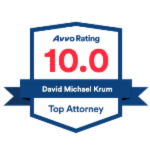

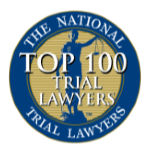
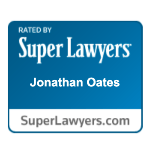
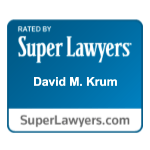
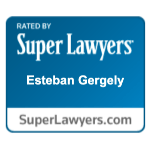
Eluding Police Charges in Virginia
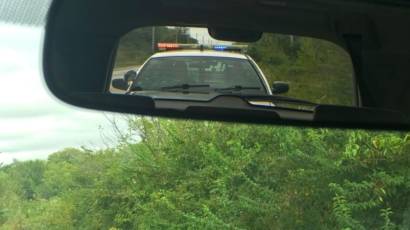 In Virginia, failing to comply with a police officer’s visible or audible signal to stop your motor vehicle constitutes a Class 2 misdemeanor. Continuing to drive in a “willful or wanton” disregard of such a signal or attempting to escape or elude the officer, whether on foot, in your vehicle, or by other means, falls under this offense. If, during the eluding, your operation of the vehicle puts the police vehicle or any person, including yourself, at risk, the charge may escalate to a Class 6 felony. In the unfortunate event that a law enforcement officer is killed as a result of the pursuit following your eluding, the charge is likely to be a Class 4 felony.
In Virginia, failing to comply with a police officer’s visible or audible signal to stop your motor vehicle constitutes a Class 2 misdemeanor. Continuing to drive in a “willful or wanton” disregard of such a signal or attempting to escape or elude the officer, whether on foot, in your vehicle, or by other means, falls under this offense. If, during the eluding, your operation of the vehicle puts the police vehicle or any person, including yourself, at risk, the charge may escalate to a Class 6 felony. In the unfortunate event that a law enforcement officer is killed as a result of the pursuit following your eluding, the charge is likely to be a Class 4 felony.
If found guilty of eluding, your driver’s license will face suspension for a minimum of 30 days to a maximum of one year. However, if convicted with a determined speed exceeding 20 mph above the allowed limit, the suspension period extends to a minimum of 90 days.
Defending Against Eluding Charges in Virginia
If you’re facing charges for failing to stop for the police, commonly known as “eluding,” avoid the mistake of navigating the legal process without experienced traffic lawyers in Virginia. You require a proactive and well-informed Virginia lawyer who will vigorously defend your rights and, when appropriate, strive for a favorable resolution. Allow us to be your legal advocate.
If preserving your driver’s license, reducing fines, and steering clear of or mitigating a jail sentence are priorities for you, reach out to KGO Law Firm at (703) 988-3711 to schedule a complimentary and obligation-free consultation.
Section § 46.2-817: Eluding Police - Disregarding Stop Signal
A. Any individual who, after being signaled by a visible or audible indication from a law-enforcement officer to halt their motor vehicle, deliberately and recklessly ignores such signal or endeavors to evade or escape from the law-enforcement officer, whether on foot, within the vehicle, or through any other means, is deemed to have committed a Class 2 misdemeanor. The accused may assert an affirmative defense against a charge under this provision by demonstrating a reasonable belief that someone other than a law enforcement officer was pursuing them.
B. Any individual who, subsequent to receiving a visible or audible signal from a law-enforcement officer instructing them to bring their motor vehicle to a stop, operates the motor vehicle with a willful and reckless disregard for such signal, thereby interfering with or endangering the operation of the law-enforcement vehicle or jeopardizing a person’s safety, is considered to have committed a Class 6 felony. It serves as an affirmative defense to contest a charge under this subsection if the accused can reasonably believe they were being pursued by someone other than a law enforcement officer.
C. If a person violates subsection B, resulting in a law-enforcement officer pursuing them, and The officer succumbs to death as a direct and proximate consequence of the pursuit, the violator of subsection B is deemed guilty of a Class 4 felony.
D. Upon conviction of an offense under this section, in addition to other penalties specified herein, the court will temporarily revoke the perpetrator’s driving privileges for a duration ranging from thirty days to one year. However, if the determined speed of the offender exceeds the maximum limit by twenty miles per hour, the court trying the case shall suspend the driver’s license for a minimum of ninety days. In instances of conviction and suspension, the court or judge is mandated to instruct the surrender of the license to the court, which will handle its disposal in accordance with the provisions outlined in §46.2-398.
E. Any breach of this section will be considered as an individual and unique offense. If the actions or activities that infringe upon this section also breach another legal provision, pursuing charges under this section will not prevent or hinder any legal action or proceeding under the other provision, nor will it prevent the imposition of any penalties stipulated therein.


